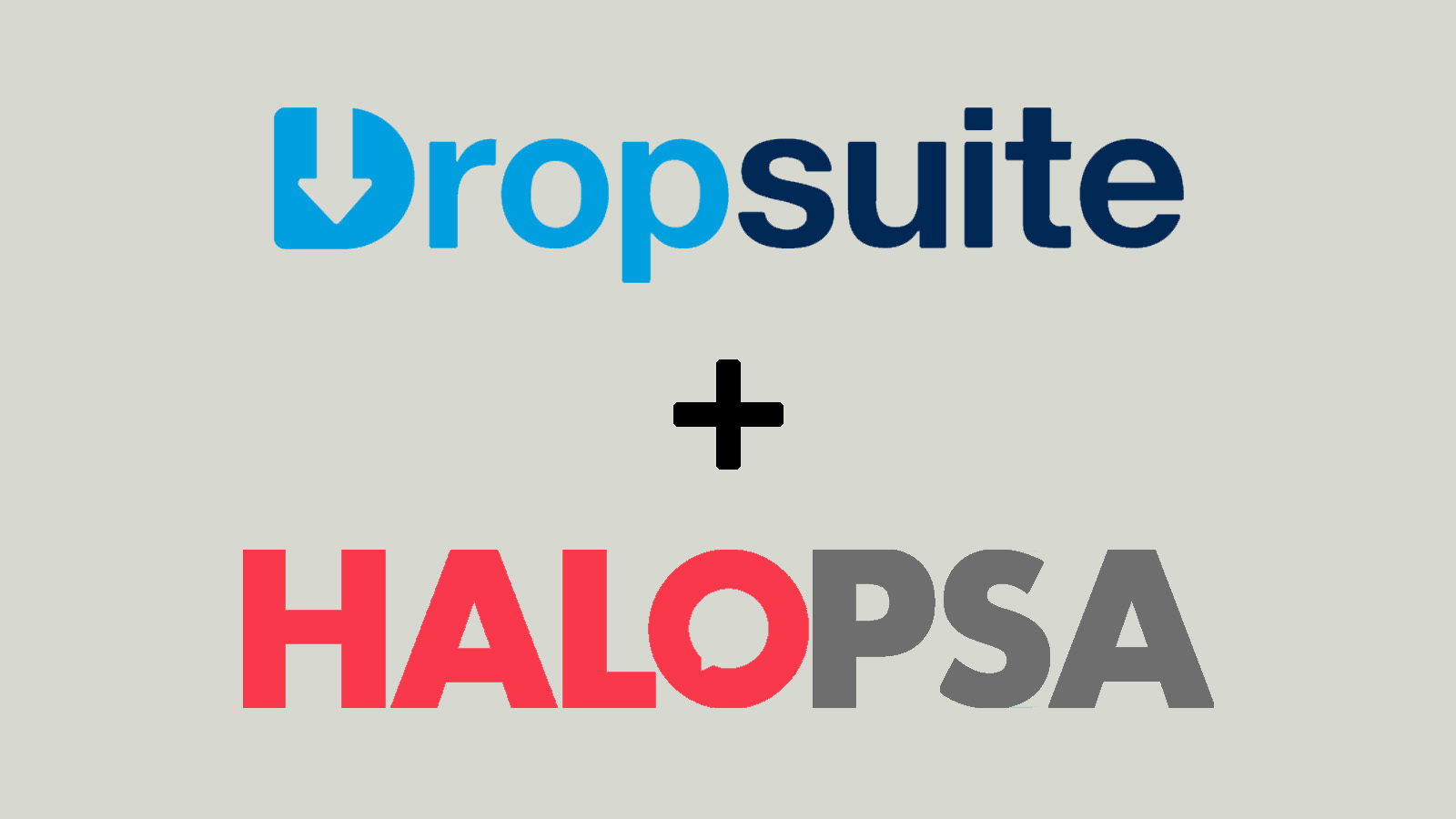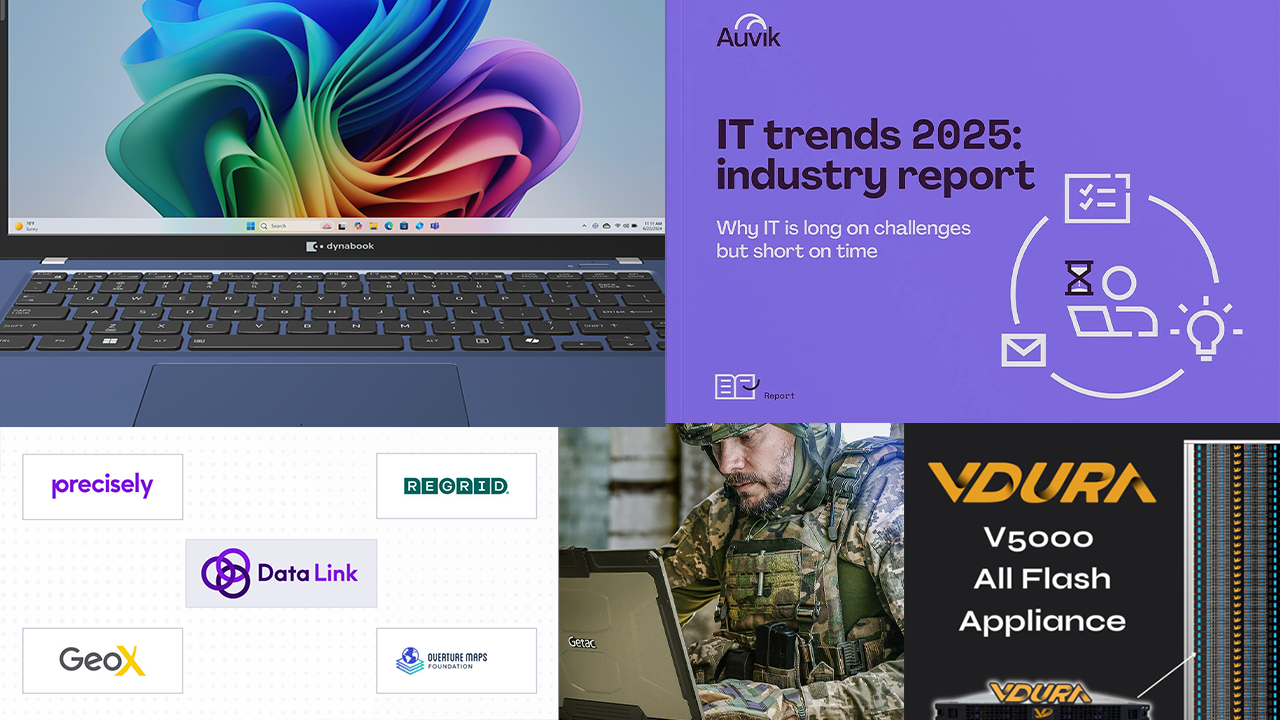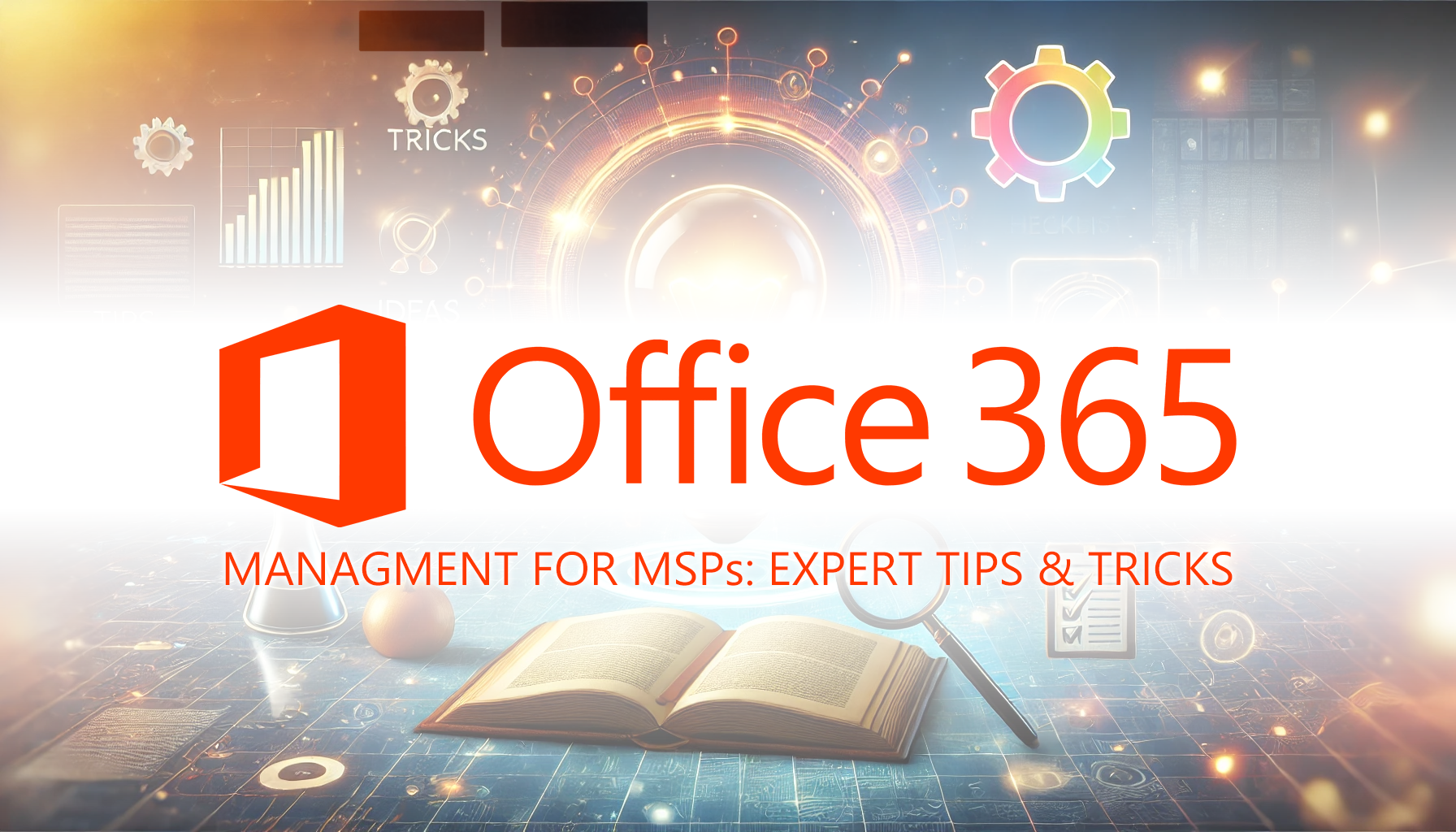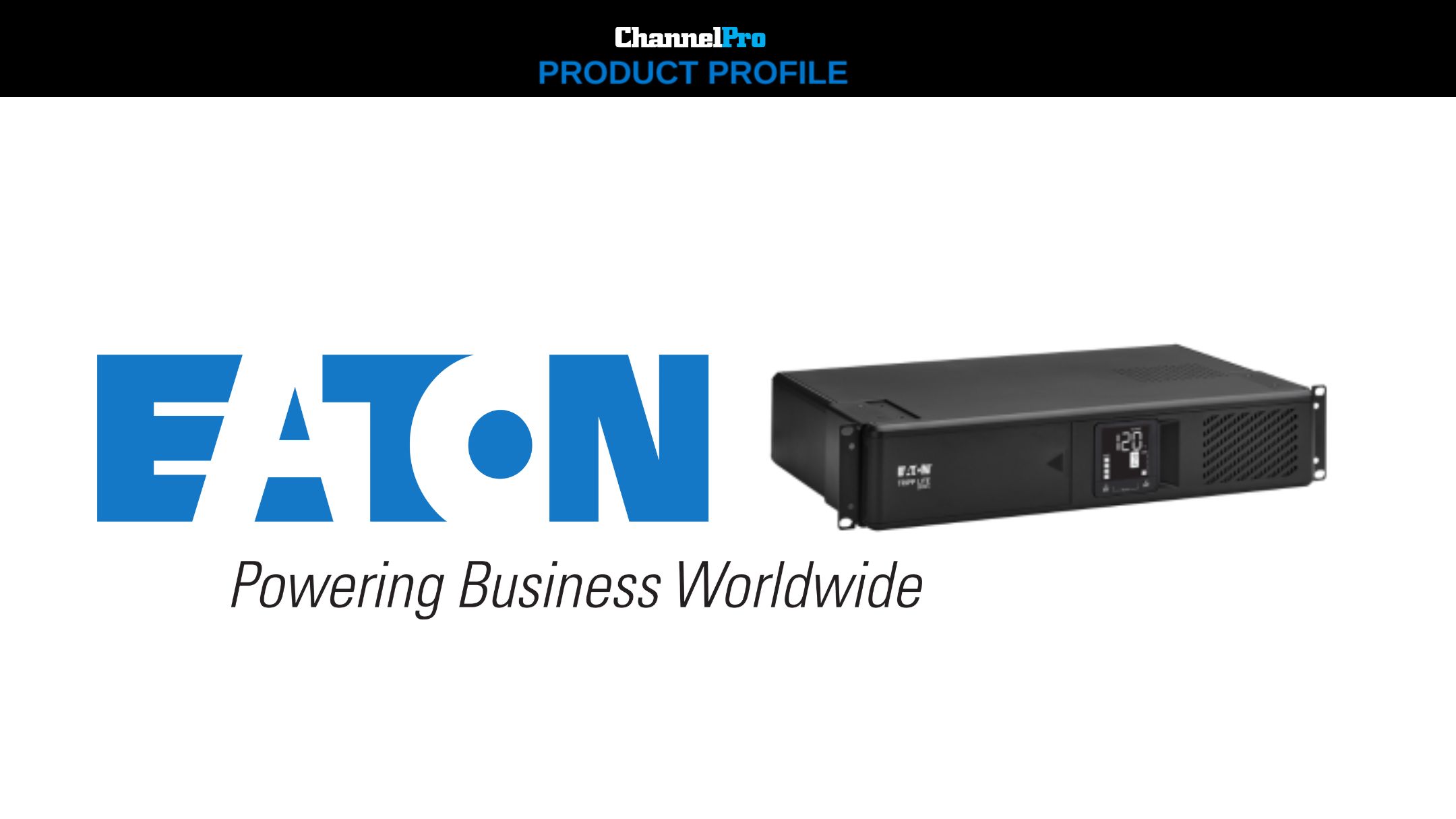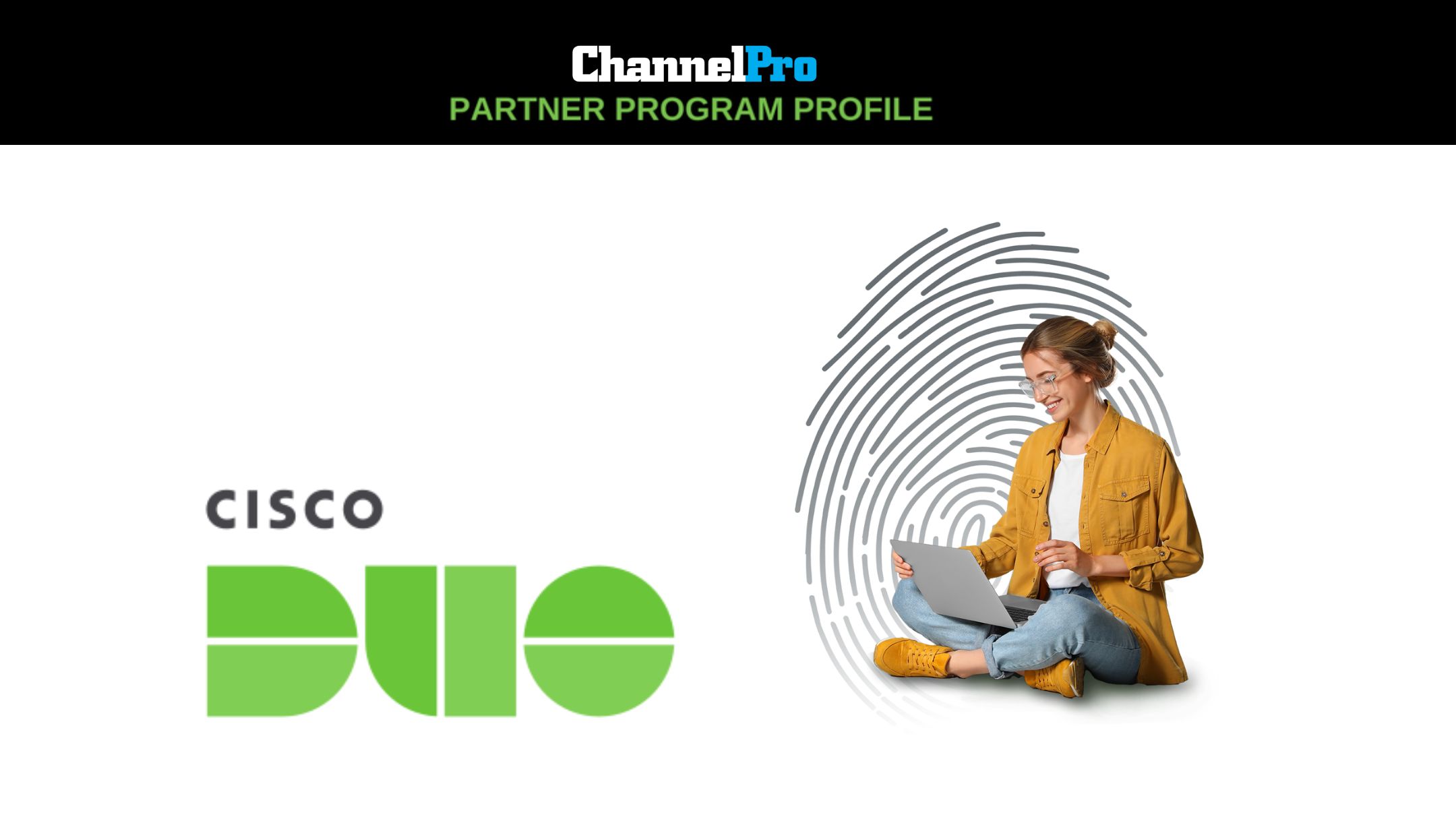BitTitan Inc. has shipped an updated edition of its managed services automation solution with significantly expanded functionality and a new all-inclusive subscription pricing model.
The new release of the Kirkland, Wash.-based vendor’s MSPComplete offering is designed to serve as a comprehensive business process automation platform enabling managed service providers to document both customer-facing and internal workflows and then orchestrate their execution, track their status, and measure their profitability.
“It helps an IT service provider manage any business process they have in their organization related to any project that they deliver to customers [or] any service or solution they deliver to customers,” says Rocco Seyboth, BitTitan’s vice president of marketing. “[It’s] going to become something that’s much more strategic to an IT service provider than just a tool.”
The new solution is built around “runbooks” that capture every step involved in providing a service or project for customers.
“There’s actually close to 2,000 steps, little granular steps, that need to be performed to migrate a customer to Office 365,” Seyboth says. MSPComplete lets service providers not only list all those actions but assign them to specific people or workgroups. Each technician can then see, on a personalized dashboard, precisely which tasks for which customers they need to perform next, and how to execute those tasks.
“We bring documentation to life and we turn it into action by operationalizing in in the platform,” Seyboth says. In the process, he adds, the system arms MSPs to collect predictable margins and raise customer satisfaction through consistent, optimized service delivery.
“By standardizing the detailed methodology of how they deliver their services they can make sure that every service is delivered the same way every time,” Seyboth states.
The new process documentation functionality also helps MSPs get critical and potentially differentiating business processes in writing, he continues, rather than lose that intellectual property when employees leave the company.
According to Seyboth, spelling out precisely how a given task should be performed enables service providers to utilize their technical staff more efficiently as well, by allowing them to assign less experienced administrators to jobs that more costly senior managers may have handled before.
“They can’t do it wrong, because we clearly, explicitly tell them what to do,” he says.
To make benefitting from runbooks simpler and less time-consuming for users, BitTitan has pre-packaged over 100 processes that users can customize and employ as they wish. The company plans to roll out “dozens” of additional workflows every month going forward, Seyboth says.
Under the new subscription pricing scheme BitTitan introduced today, customers pay a single $15 per user per year rate for all of the functionality MSPComplete offers, rather than a varying amount based on the specific components they choose to purchase, as in the past. Most MSPs will find that arrangement simpler and less expensive, says Seyboth, noting that a popular combination of components like the document migration, mailbox migration, and mailbox configuration modules would run $30 under the older pricing model.
BitTitan introduced MSPComplete in October 2015, and presently has 11,000 partners using it in support of more than 100,000 end user accounts. According to Seyboth, the system has efficiency-boosting capabilities that RMM, PSA, and other managed services solutions lack, but is a complement to such applications rather a replacement for them. There is currently no way to exchange data automatically between MSPComplete and those other systems, but BitTitan plans to add connections at an unspecified point in the future.
“We’re working with a lot of the leaders on technical integration,” Seyboth says.
BitTitan will also integrate MSPComplete with more third-party cloud computing platforms this year. The overwhelming majority of BitTitan users specialize in Microsoft online solutions, but 60 percent of them also sell products from Amazon Web Services, 40 percent sell Google solutions, and 30 percent sell applications from Salesforce.
As a result, while today’s release provides support in at least some management categories for Microsoft’s Office 365, Azure, and Enterprise + Security offerings, along with Google’s G Suite productivity systems and Amazon WorkMail, future updates will add more management capabilities for those solutions, as well as the ability to manage Salesforce deployments.
Machine learning functionality capable of customizing each user’s dashboard based on their activities and behavior is also expected in the future.




